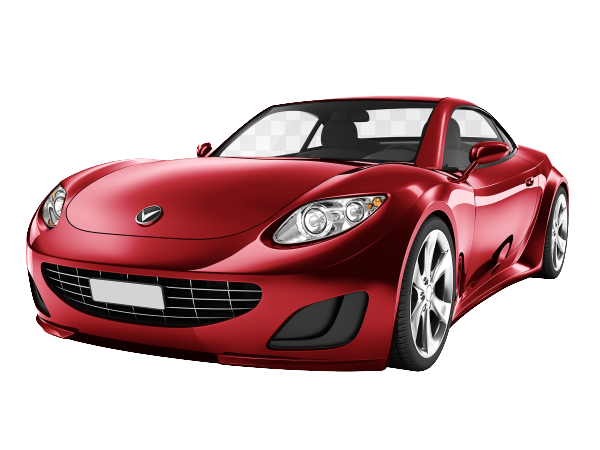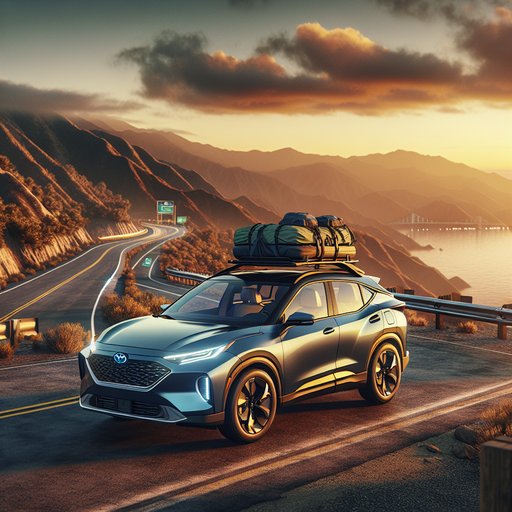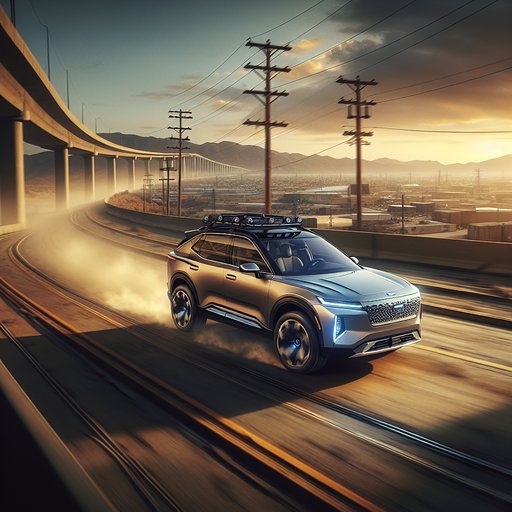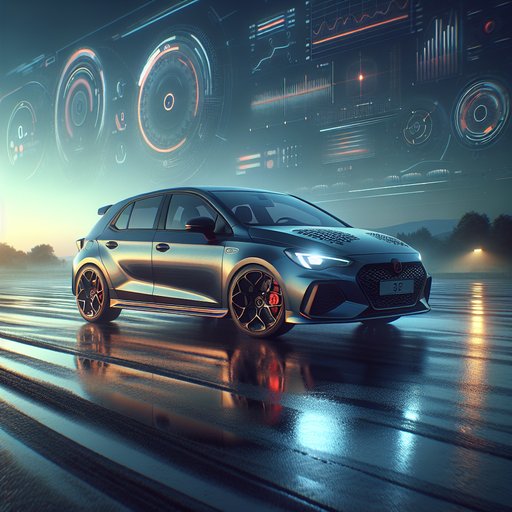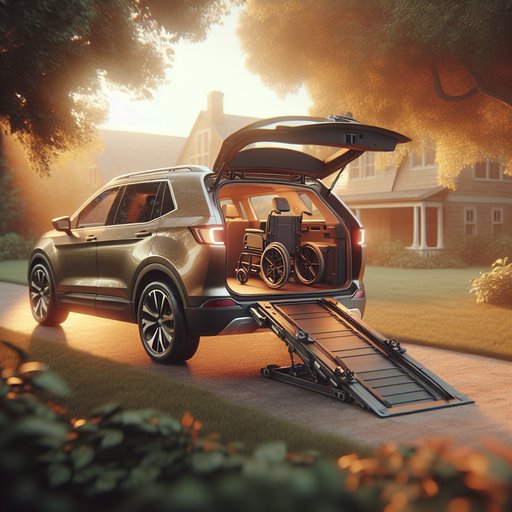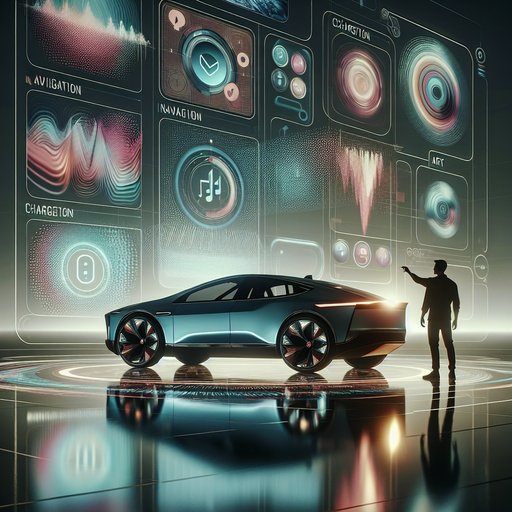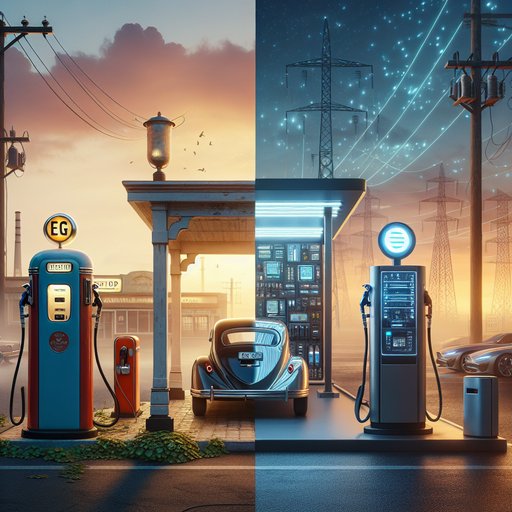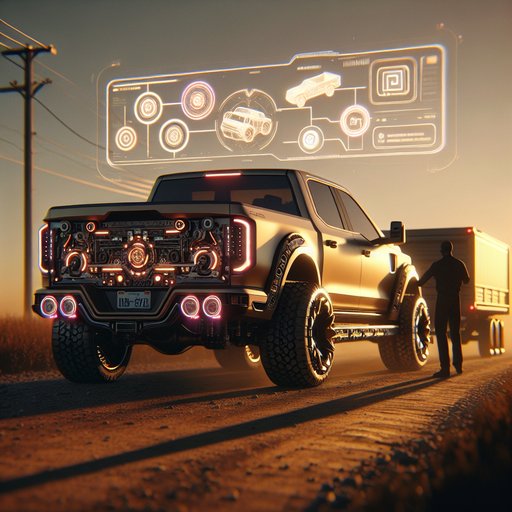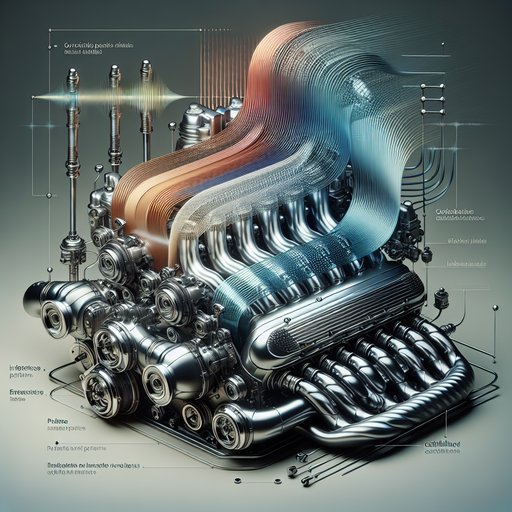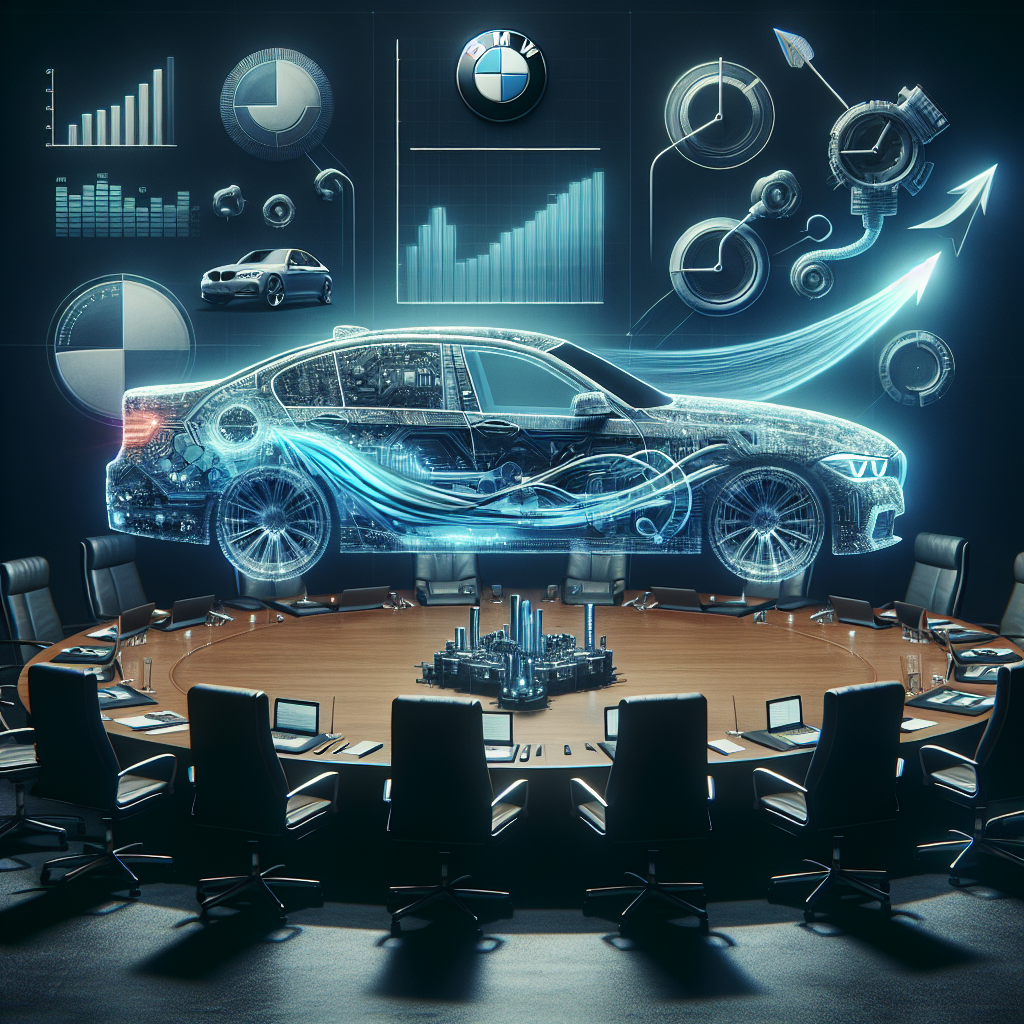
In a significant strategic announcement, BMW has reaffirmed its commitment to traditional sedan models despite the growing SUV trend, while simultaneously expanding its electric vehicle portfolio. The German automaker's balanced approach reflects broader industry shifts as manufacturers navigate changing consumer preferences and electrification demands.
BMW has emphasized that sedans remain core to the brand's identity, even as SUVs continue to dominate global markets. The company maintains that traditional car body styles will remain an essential part of their lineup, demonstrating confidence in the ongoing appeal of classic vehicle formats [1].
In parallel with this commitment to sedans, BMW is advancing its SUV electrification strategy. The company has revealed its latest X5 model will be offered with five different powertrain options, including both hydrogen and battery electric variants, showcasing the brand's technological versatility [2].
The electric vehicle market continues to evolve, as demonstrated by new entrants like the Vauxhall Frontera Electric. This model has been positioned as a value proposition in the electric SUV segment, though reviews indicate room for improvement in battery range and interior quality [3].
These developments come as automakers increasingly diversify their powertrain offerings to meet varying consumer needs and regulatory requirements. The industry's dual focus on maintaining traditional vehicle formats while embracing electrification reflects a careful balancing act between heritage and innovation.
